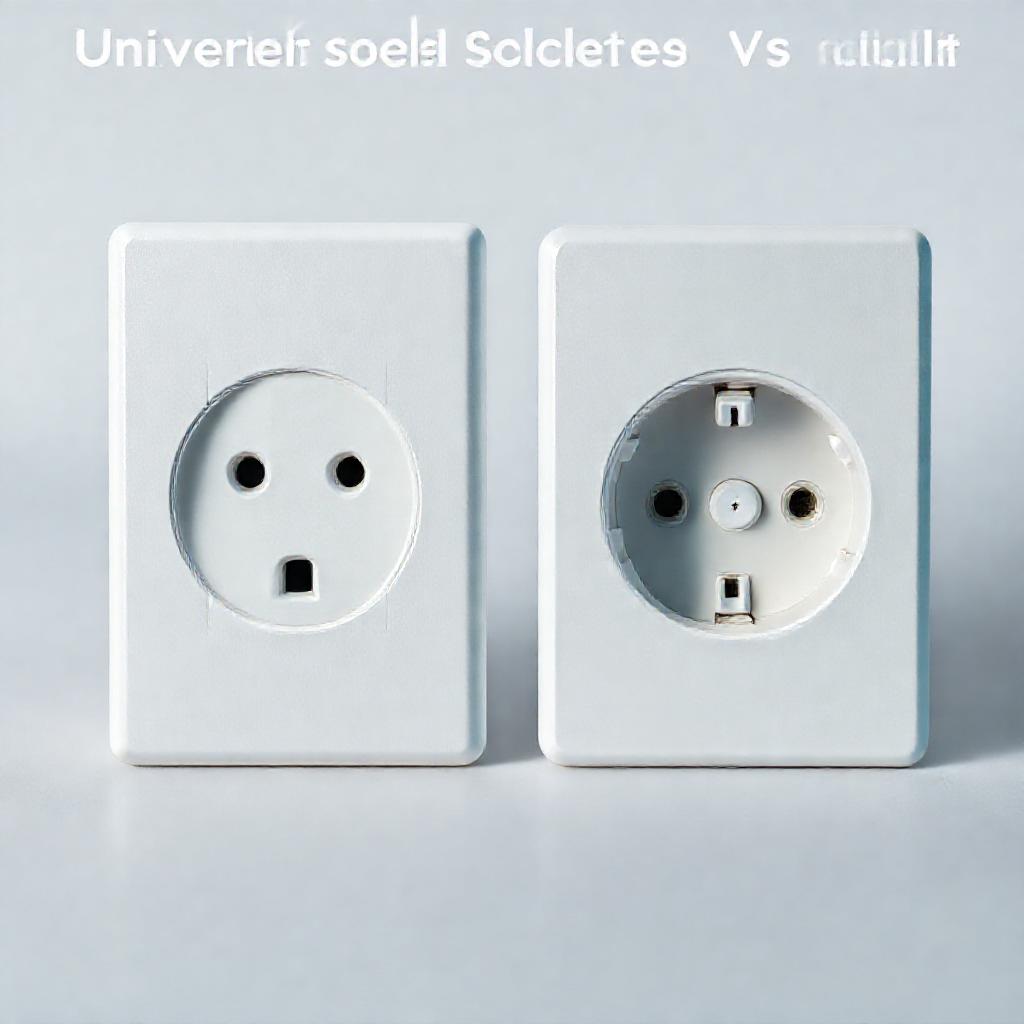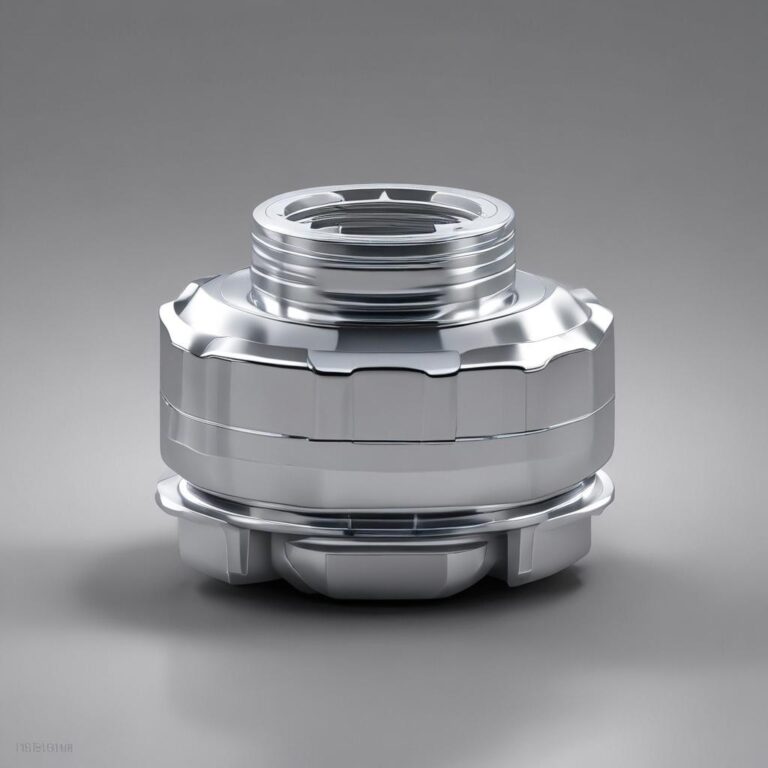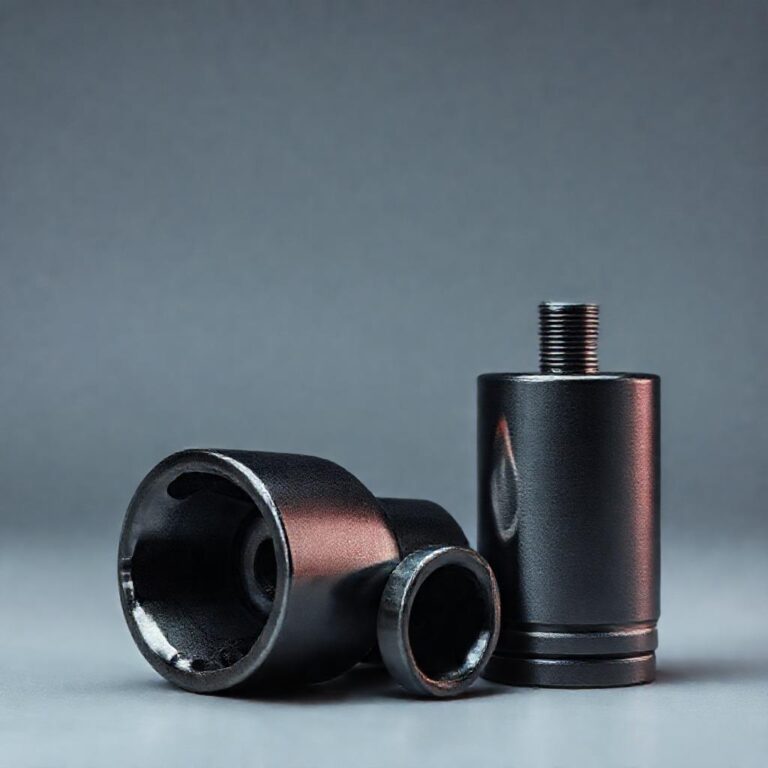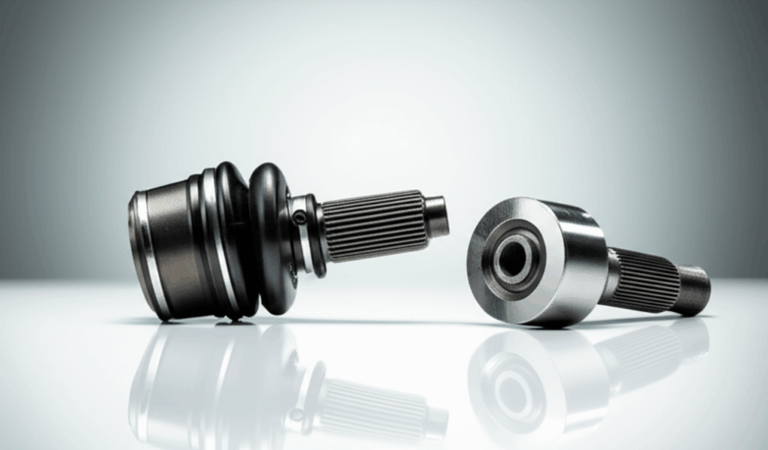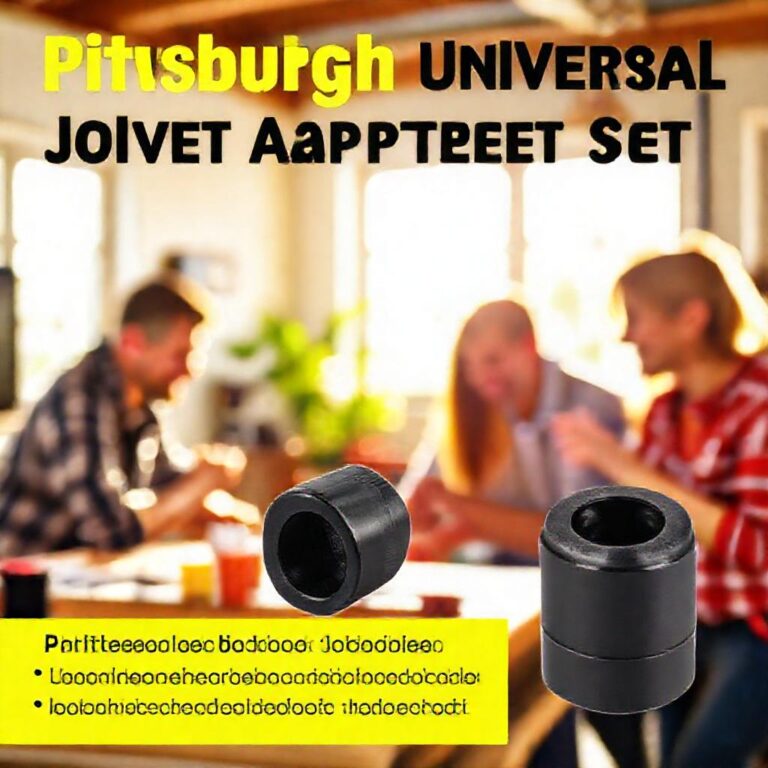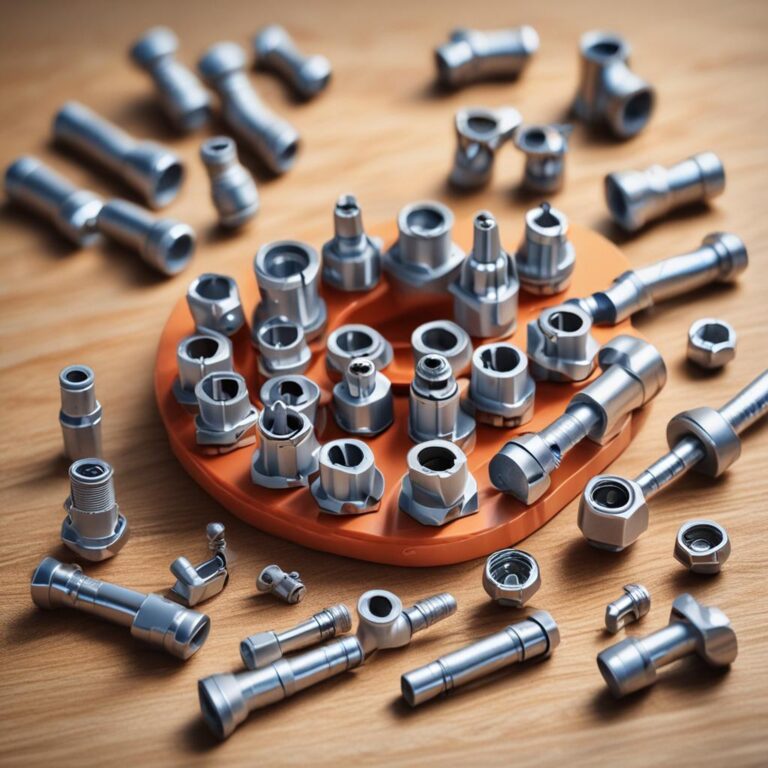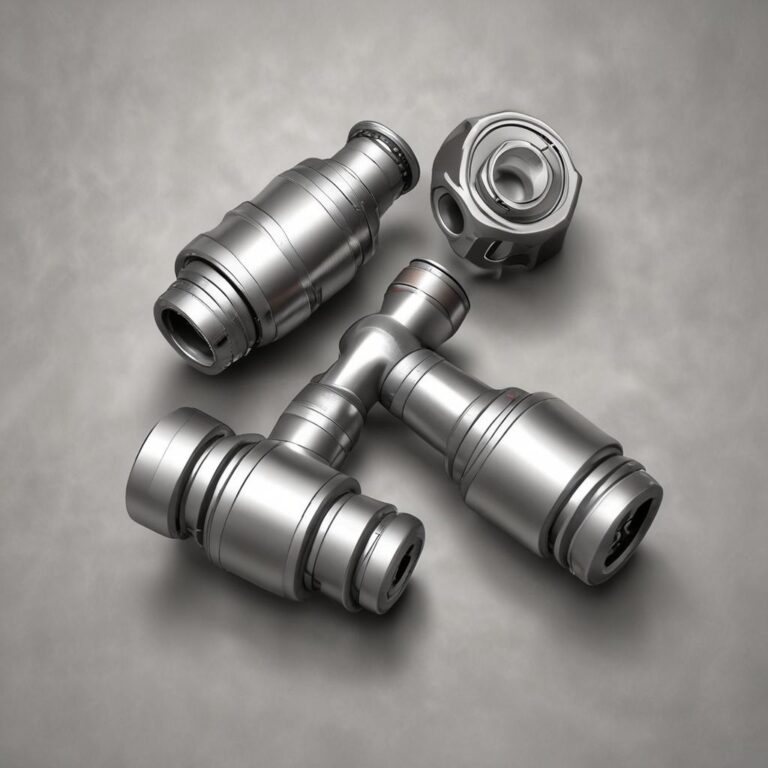Universal Socket Vs Traditional Socket – Which One is Better?
Choosing the right socket for your electrical needs is more important than you might think. Whether you’re setting up a new home, traveling internationally, or managing a commercial space, the type of socket you use can impact safety, convenience, and efficiency. With the rise of universal sockets, many people are wondering if they’re a better alternative to traditional sockets. This guide will break down the differences between universal and traditional sockets, helping you decide which one is the best fit for your specific needs.
Understanding Universal and Traditional Sockets
What Is a Universal Socket?
A universal socket is designed to accommodate multiple plug types, making it a versatile solution for various regions and devices. It typically supports plug types like Type A, B, C, and more, eliminating the need for adapters when traveling or using appliances from different countries. This makes it an excellent choice for those who frequently move between regions or manage multi-national setups.
What Is a Traditional Socket?
Traditional sockets are country-specific and designed to work with a single plug type. For example, the U.S. uses Type A and B plugs, while Europe relies on Type C and F. These sockets are commonly found in residential, commercial, and industrial settings and are built to meet local electrical standards. However, their lack of compatibility with other plug types can be a limitation in certain situations.
Key Differences Between Universal and Traditional Sockets
Comparison table for Key Differences Between Universal and Traditional Sockets
Compatibility and Versatility
Universal sockets shine in their ability to work with multiple plug types, offering unmatched flexibility. Traditional sockets, on the other hand, are limited to specific plug designs, making them less versatile but more reliable for their intended use.
Safety Considerations
While universal sockets are convenient, they may pose safety risks due to potential loose connections or improper fits. Traditional sockets are standardized and designed for secure, reliable connections, adhering to strict safety regulations.
Durability and Longevity
Universal sockets may experience wear and tear over time due to frequent adjustments for different plugs. Traditional sockets, built for long-term use with a single plug type, tend to be more durable and longer-lasting.
Installation and Cost
Universal sockets are generally easier to install and may require adapters for certain plug types. Traditional sockets are fixed installations and can be more cost-effective in the long run, especially in permanent setups.
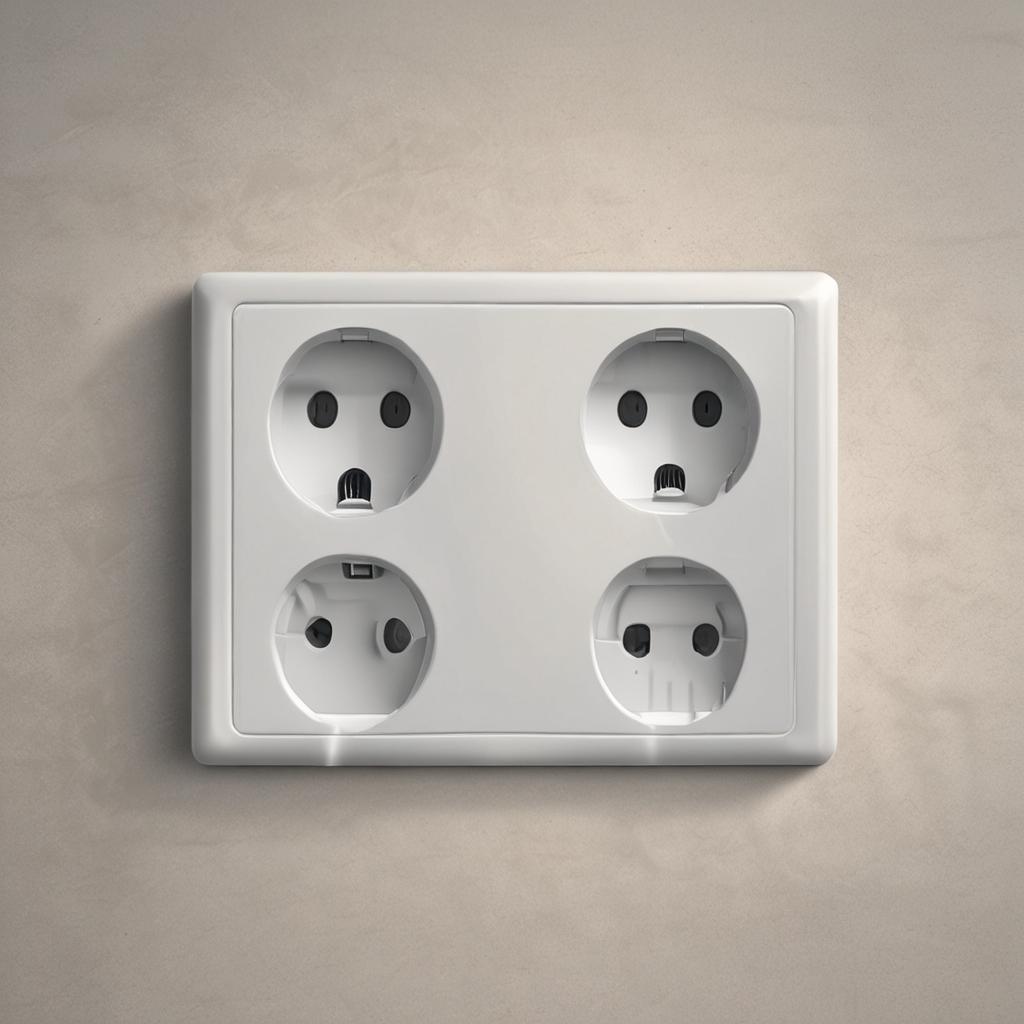
When to Choose a Universal Socket
Universal sockets are ideal for travelers, expatriates, or anyone needing a flexible solution for multi-region use. They’re also great for temporary setups, multi-national offices, or emergency situations where multiple plug types are required.
When to Stick with a Traditional Socket
Traditional sockets are the go-to choice for permanent residential or commercial installations. They’re particularly suitable in regions with strict electrical standards or for high-power appliances that demand secure connections.
Pros and Cons of Each Socket Type
Universal Socket Pros & Cons
- Pros: Flexibility, convenience for travelers, multi-region use
Traditional Socket Pros & Cons
- Pros: Reliable, standardized safety, long-term durability
Expert Recommendations
Experts recommend universal sockets for temporary or multi-region use but advise caution with high-power appliances. Traditional sockets are best for permanent installations, especially in regions with strict electrical standards. Always prioritize safety by ensuring proper installation and using certified products. Looking ahead, advancements in socket technology may bridge the gap between universal and traditional designs.
Conclusion
Both universal and traditional sockets have their unique advantages and drawbacks. Universal sockets offer unmatched flexibility for travelers and multi-region setups, while traditional sockets provide reliability and safety for permanent installations. Your choice ultimately depends on your specific needs and use case. Regardless of which you choose, always prioritize safety and compatibility to ensure a seamless and secure electrical experience.
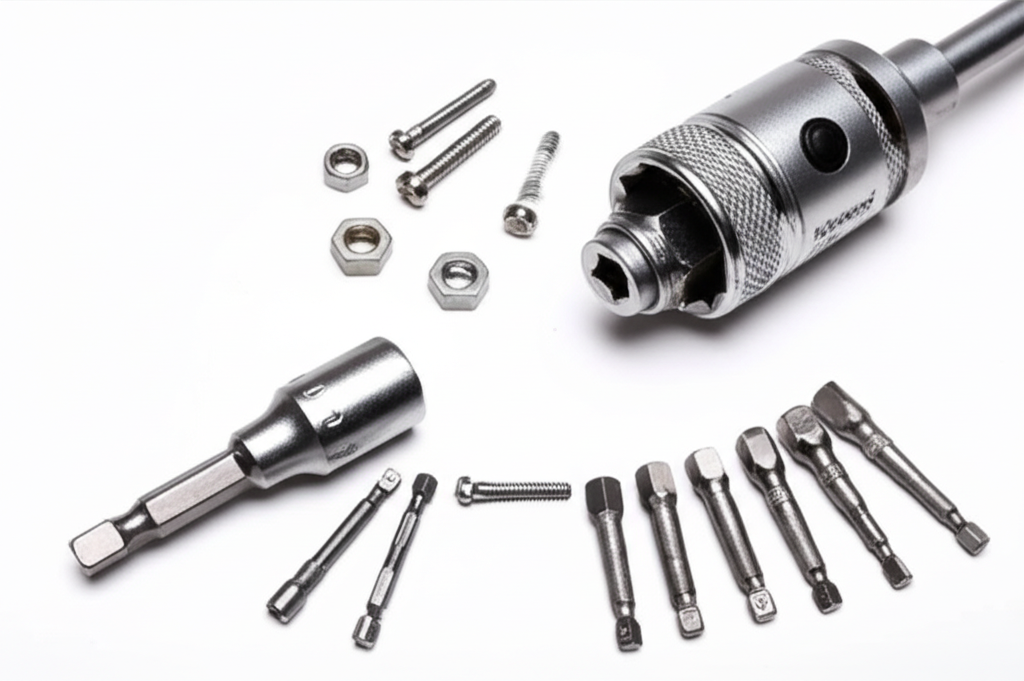
FAQs
Can a universal socket handle high-power appliances safely?
Universal sockets may not always be suitable for high-power appliances due to potential loose connections or overheating. Always check the power rating and compatibility before use.
Are universal sockets legal in all countries?
Universal sockets are not universally legal. Some countries have strict electrical regulations that may prohibit their use. Always check local laws before installation.
How do I ensure a universal socket is properly installed?
Hire a licensed electrician to ensure safe installation. Use certified products and avoid overloading the socket to prevent safety hazards.
Do traditional sockets work with smart home devices?
Yes, traditional sockets are compatible with smart home devices as long as the plug type matches. Some smart devices may require adapters or specific socket designs.
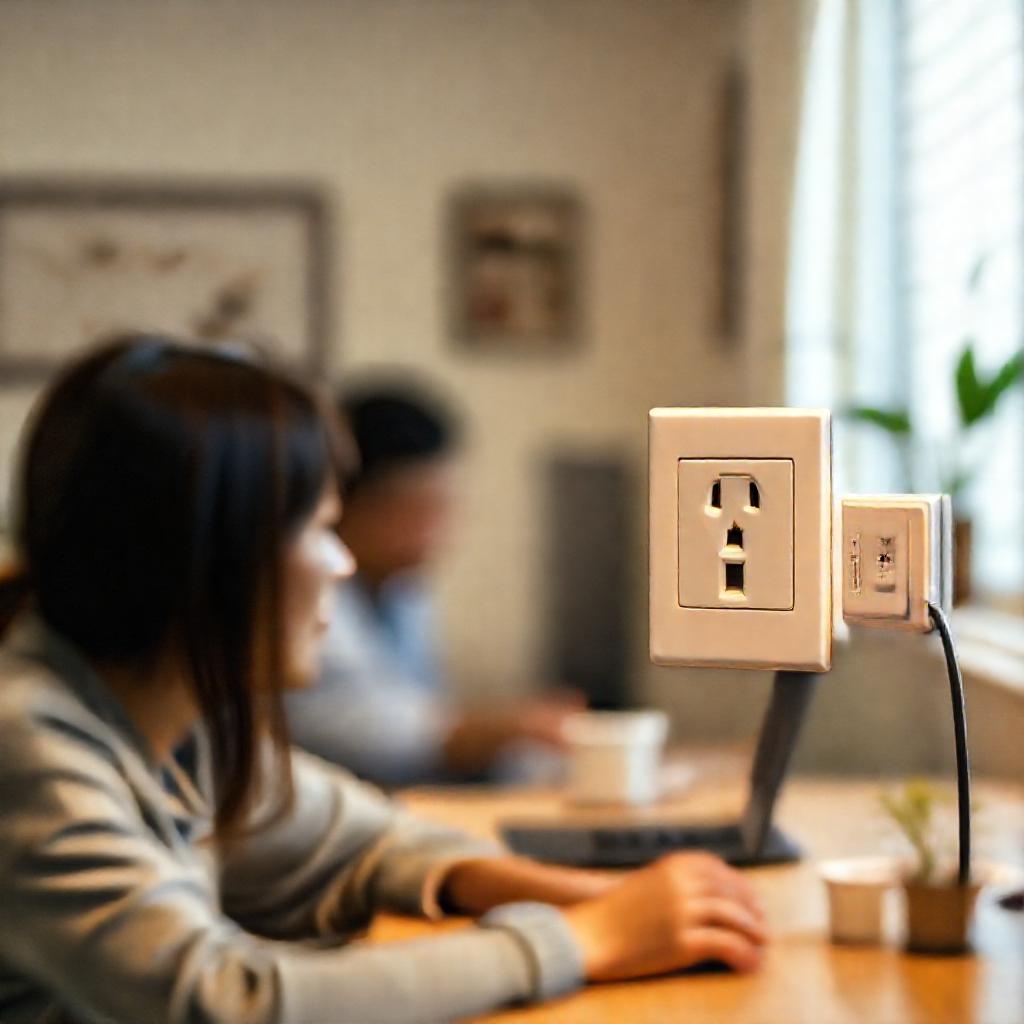
What should I look for when buying a universal socket?
Look for high-quality materials, safety certifications, and compatibility with the plug types you’ll be using. Avoid cheap, uncertified products to ensure safety and durability.

